Product pictures
| Amount Per 2 slices, 58 g | |||
| Calories | 150 Kcal (628 kJ) | ||
| Calories from fat | 40.5 Kcal | ||
| % Daily Value* | |||
| Total Fat | 4.5g | 7% | |
|---|---|---|---|
| Sodium | 280mg | 12% | |
| Total Carbs | 24g | 8% | |
| Sugars | 3g | 12% | |
| Dietary Fiber | 5g | 20% | |
| Protein | 6g | 12% | |
| Iron | 0.6mg | 3% | |
| Calcium | 40mg | 4% | |
* Percent Daily Values are based on a 2000 calorie diet. Your daily values may be higher or lower depending on your calorie needs.
Find out how many calories should you eat.
Ingredients And Nutrition Overview
Best
choice Good
choice Poor
choice Avoid
it!
choice Good
choice Poor
choice Avoid
it!
-
WeightWatchers Points: 2.6, PointsPlus: 4, SmartPoints: 4
WeightWatchers Points are estimated by carbohydrates, fats, protein and fiber in product. They are not an affirmation of better quality or nutritional value of the product or its manufacturer. Only way to count for dieters. Less points are better.
Read more at Weight watchers diet review -
Salty! Has over 12% of the daily sodium max
The average American consumes 5,000 mg of sodium daily — twice the recommended amount amount of 2400mg for healthy adults, this is 1 teaspoon of salt.
For medical reasons many people should not exceed 1500mg of sodium.
Surprisingly, you're responsible for only 15% of the sodium in your diet the bigger part - 75% of the sodium that you consume each day comes from processed foods, not home cooking or the salt shaker.
Excess sodium intake increases the risk of high blood pressure, hypernatremia, hypertension, cardiovascular disease and other heart problems.
Are these reasons enough to cut the sodium intake? No doubt! -
Convert Salt tsps to Sodium mg easily
Salt (NaCl) is not excactly sodium (Na).
It is not right to use these terms as synonyms.
The FDA recommended limit of sodium is 2,300 mg per day (or even less - about 1500 mg while one is on low sodium diets).
This is much less than the weight of salt.
(5,750 mg per day or 3,750 mg for low sodium diet) and not so convenient to calculate.
Know how much sodium is in your salt - without a calculator:
1/4 tsp salt = 600 mg sodium
1/2 tsp salt = 1200 mg sodium
3/4 tsp salt = 1800 mg sodium
1 tsp salt = 2300 mg sodium -
Great! Contains less than 1.5 tsp of sugar.
Great! Contains less than 1.5 tsp of sugar per serving!
-
High in fiber! Great More than 20% of daily needs!
Eat more fiber. You've heard it many times. But why it is so good for your health?
Dietary fiber is best known for its ability to make our digestion going right.
So want to prevent or relieve constipation - eat more fiber!
There are also other great health benefits as well, such as lowering your risk of diabetes, heart disease and cancer, and helping to maintain a healthy weight by helping to feel you full longer.
The best source of fiber are fruits, vegetables, whole grains and legumes and not processed foods with added fiber. -
A good source of protein
For many vegans and vegetarians, it's important to get enough protein.
The product you've just scanned will provide you with 12% or more of your daily protein requirement.
If you're a vegan having trouble meeting your protein needs, try nuts and beans.
Sprinkling nuts onto any dish is a quick, easy and nutritious solution.
Try adding beans in places you might not normally eat them.
Add beans to pasta dishes, stir fries and even salads.
While meat alternatives like Tofu do provide a quick and easy protein intake, they should not be your only source of protein.
Eat proteins from a variety of sources for best results. -
Carrageenan is an additive made from seaweed.
It is used as a thickener in products such as ice cream, jelly, chocolate milk, infant formula, cottage cheese.
It is a vegetarian and vegan alternative to gelatin.
It has been used for hundreds of years in Ireland and China, but only made headway into modern food processing in the last 50 years.
The processing steps after harvesting the seaweed include drying, grounding, filtration, treatment with potassium hydroxide, removal of cellulose by centrifuge, concentration by evaporation, drying, and grounding.
Interestingly, the Philippines account for the vast majority of the world supply of carrageenan.
In some animal studies, carrageenan was shown to cause intestinal lacerations and tumors.
A 2001 meta-study of 45 peer-reviewed studies concluded that carrageenan consumption may result in gastrointestinal malignancy and inflammatory bowel.
The FDA has approved carrageenan as safe, basing its decision on industry funded studies.
European agencies and the World Health Organization have also deemed carrageenan safe, with the exception of infant formula.
The fear is the a baby's gut may be unable to handle the large carrageenan molecules.
In some individuals carrageenan may cause intestinal discomfort or worse.
Allergens
Corn Allergy, Eggs Allergy, Soy Allergy, Sesame Allergy
Bread millet-chia Ingredients
Water, Tapioca Starch, Millet Seed, Brown Rice Flour, Resistant Corn Starch, Egg Whites, Non-GMO Vegetable Oil (Canola or Sunflower or Safflower), Chia Seed, Cane Syrup, Rice Bran, Organic Inulin, Evaporated Cane Juice, Citrus Fiber, Yeast, Flax Seed, Salt, Gum (Xanthan Gum, Sodium Alginate, Guar Gum, Carrageenan, Locust Bean Gum), Pea Protein, Dry Molasses, Sodium Carboxymethyl Cellulose, Baking Powder (Sodium Acid Pyrophosphate, Sodium Bicarbonate, Corn Starch, Monocalcium Phosphate), Culture Corn Syrup Solids (Natural Mold Inhibitor), Enzymes. Gluten free.
You Might Also Like
% RDI of Main Nutrition Facts
8%
of RDI* (150 calories) 58 g
-
Cal: 7.5 %
-
Fat: 6.9 %
-
Carb: 8 %
-
Prot: 12 %
-
0%25%75%RDI norm*
Calories Breakdown
- Carbs (58.2%)
- Fat (27.3%)
- Protein (14.5%)
Get Your Recipe of Health!
Follow RecipeOfHealth on Facebook!

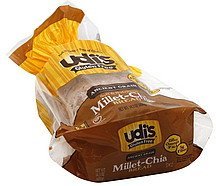
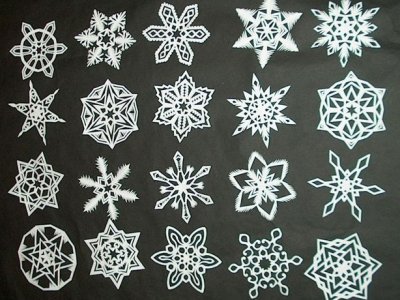


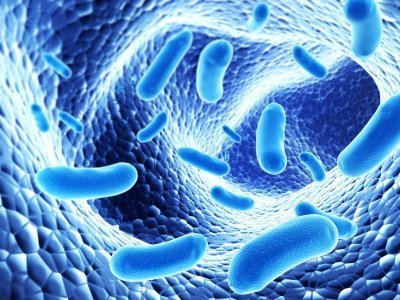


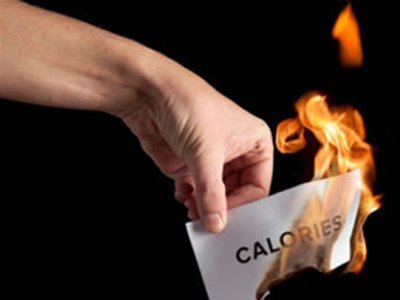

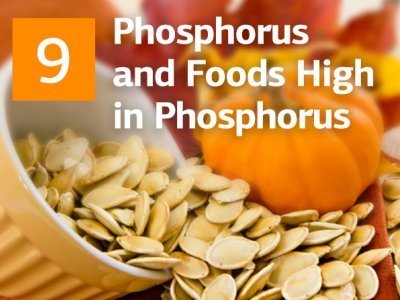
Add your comment